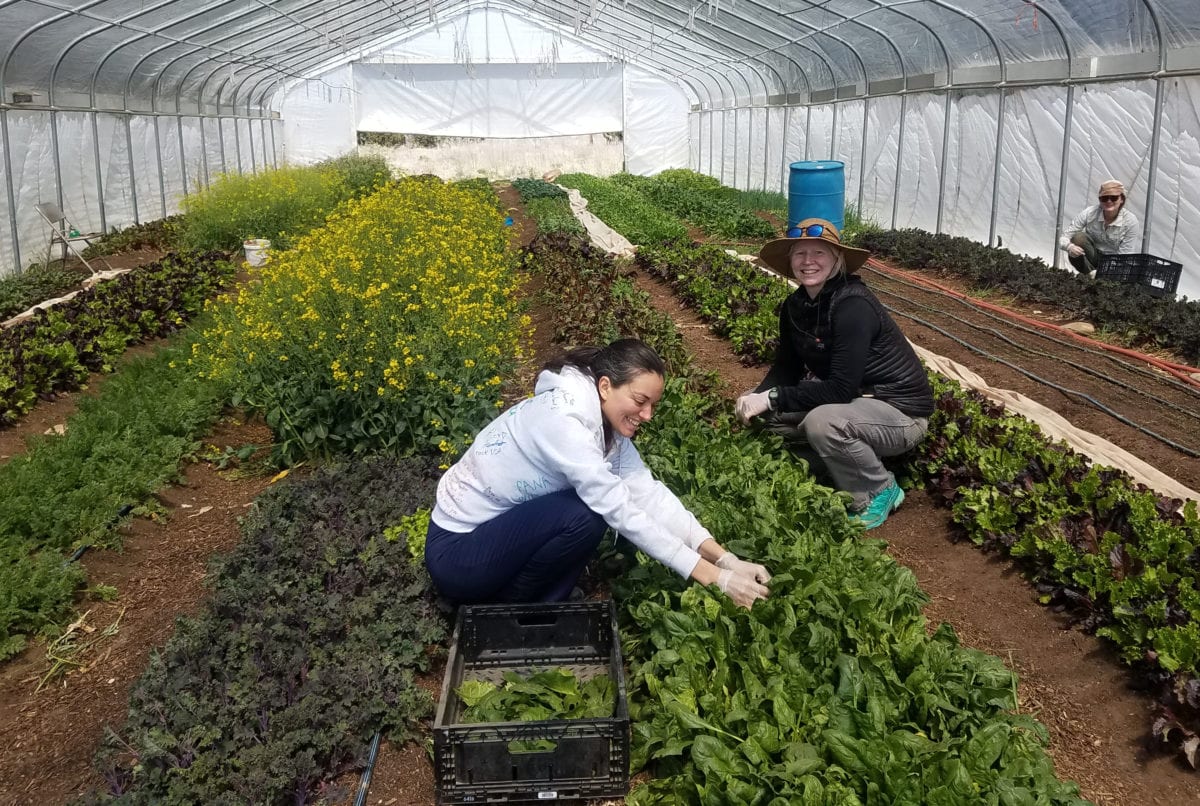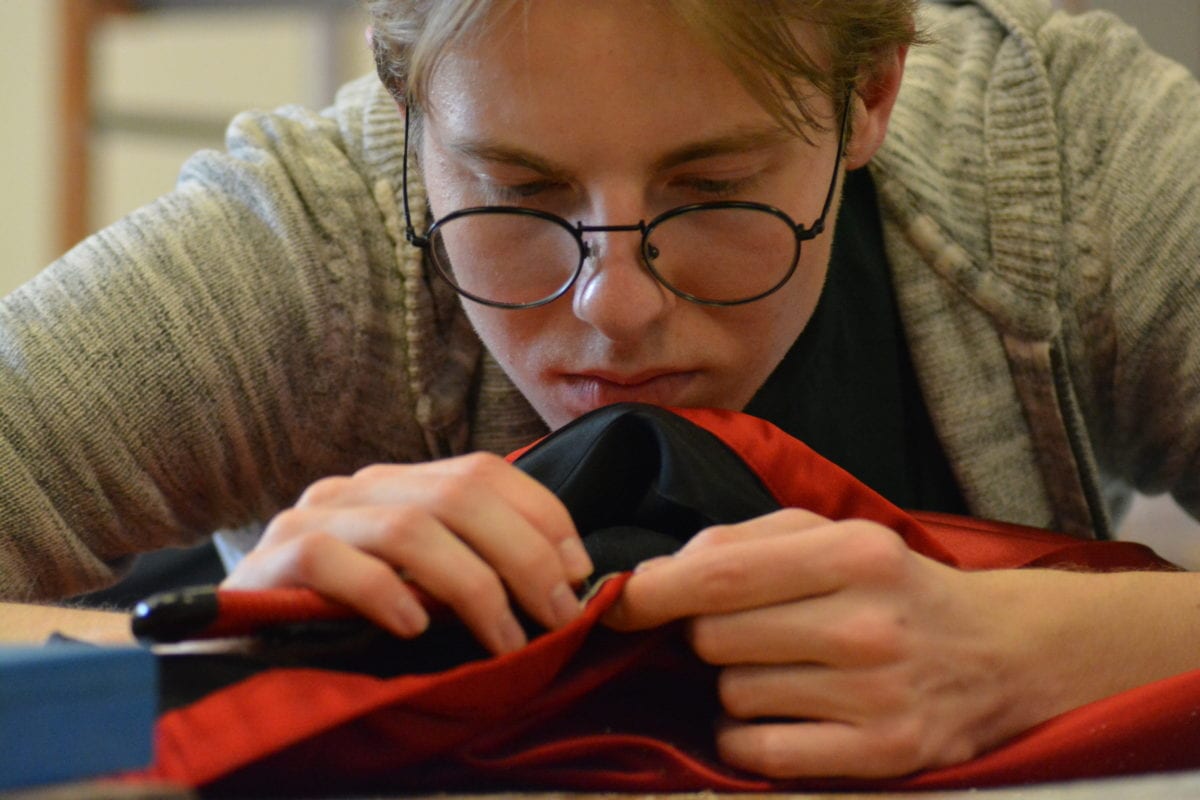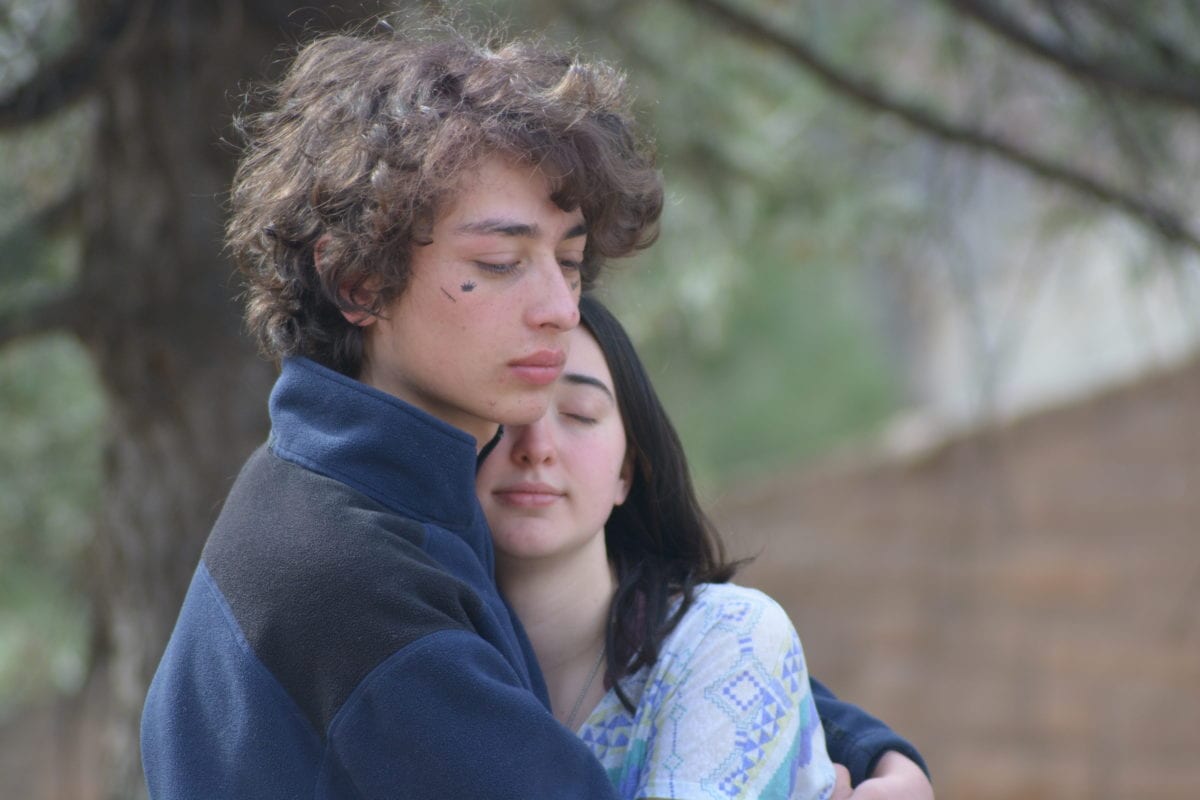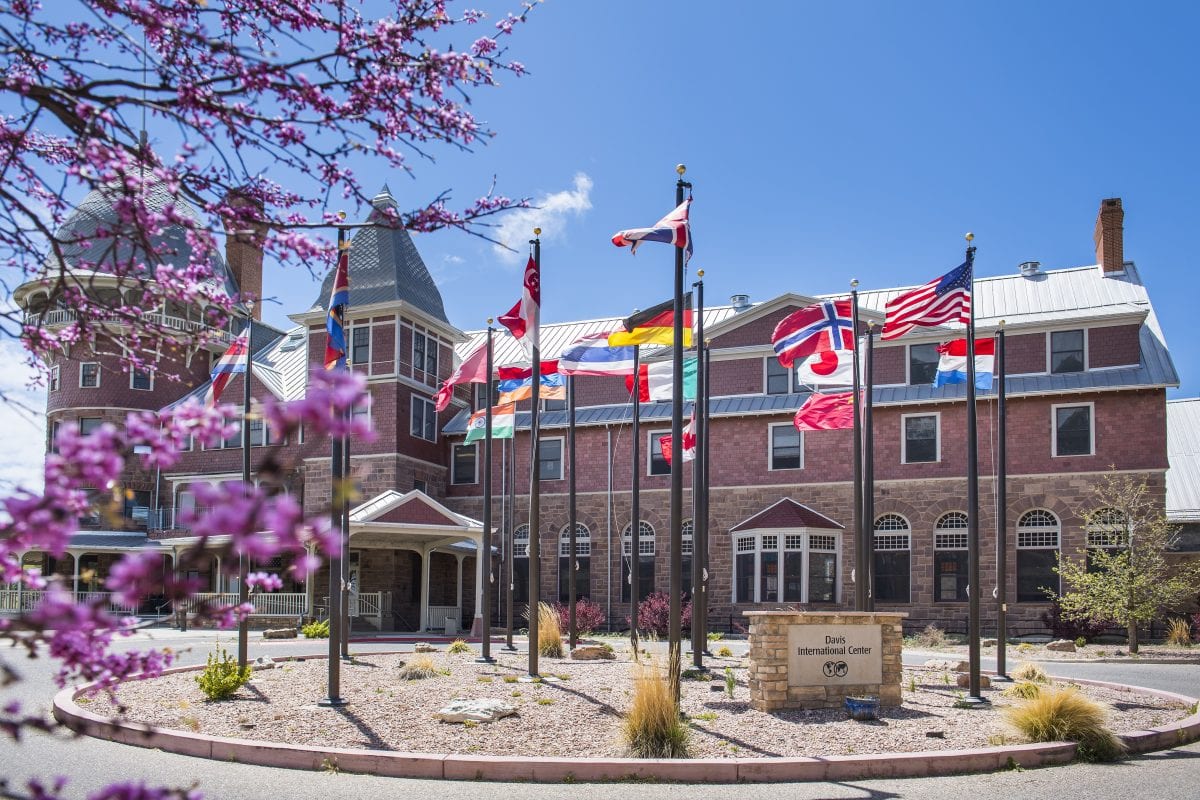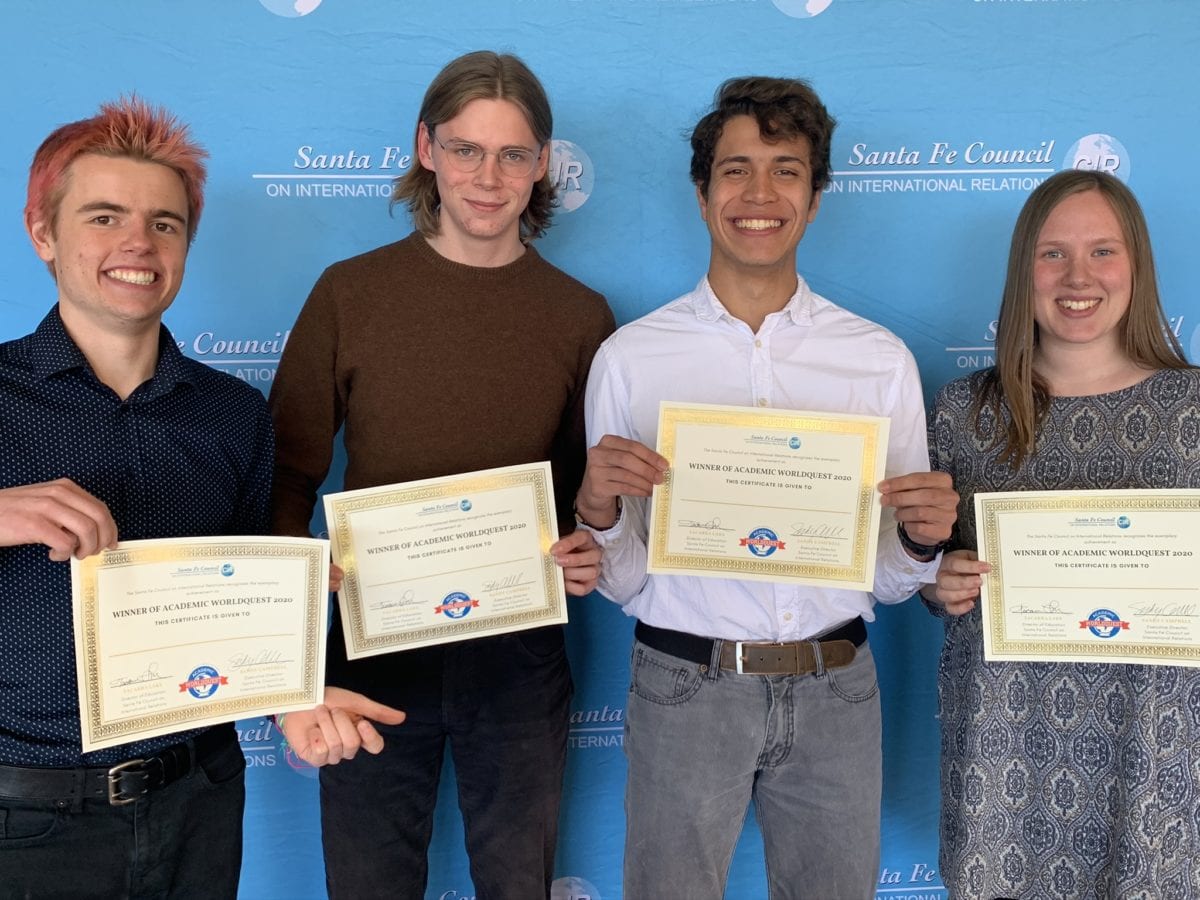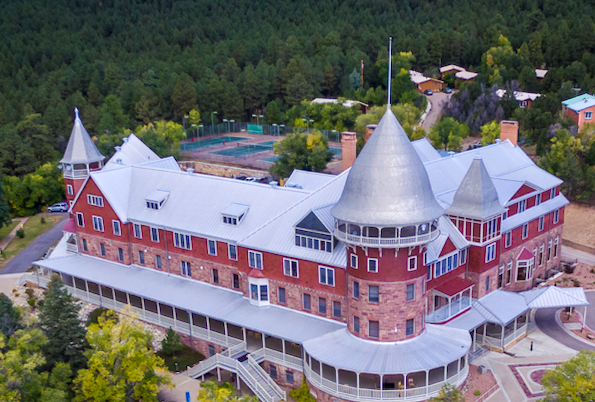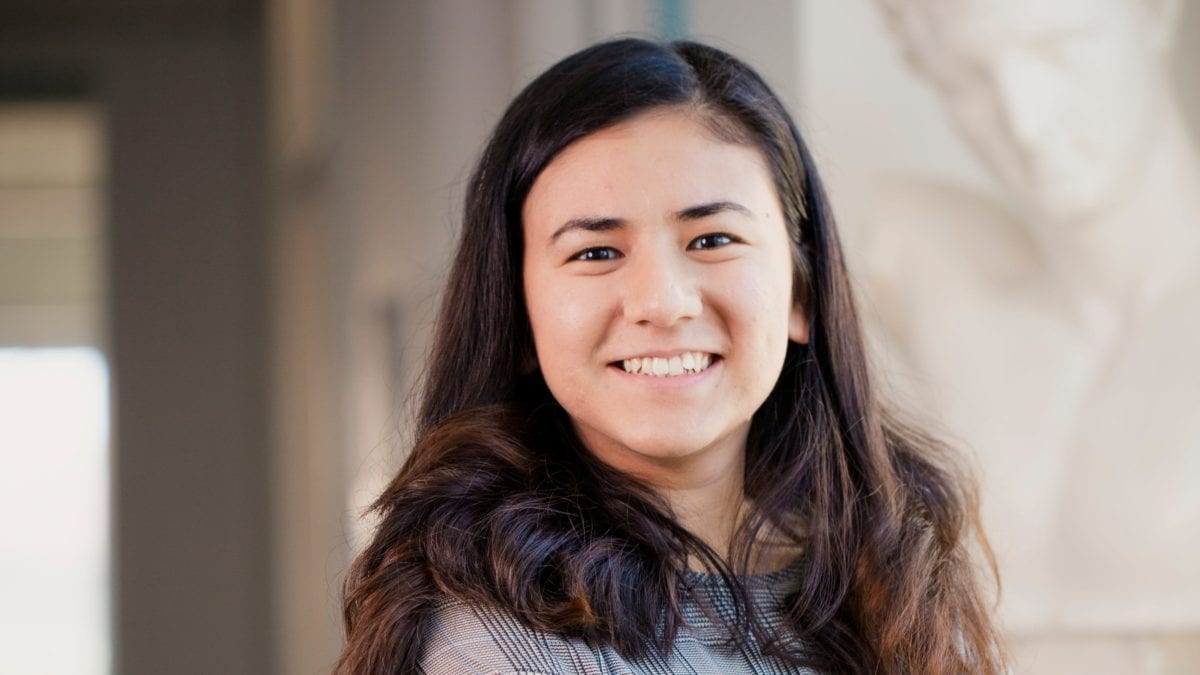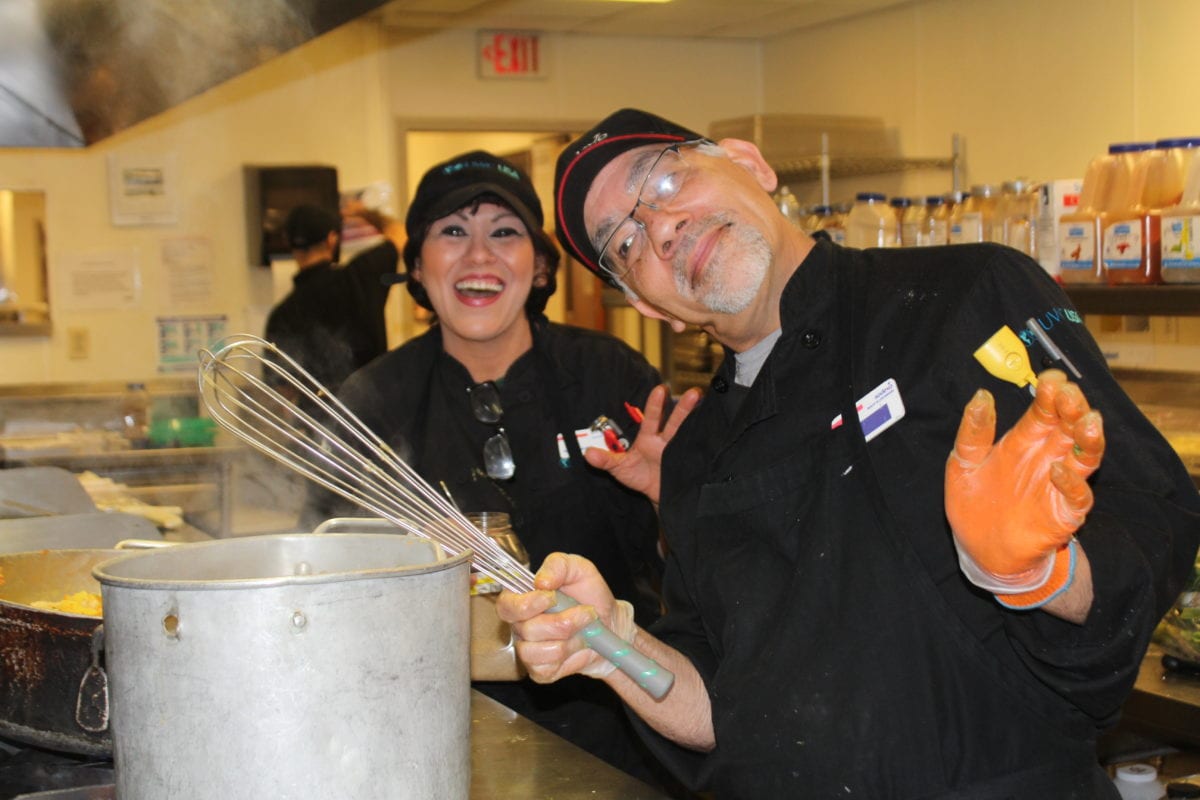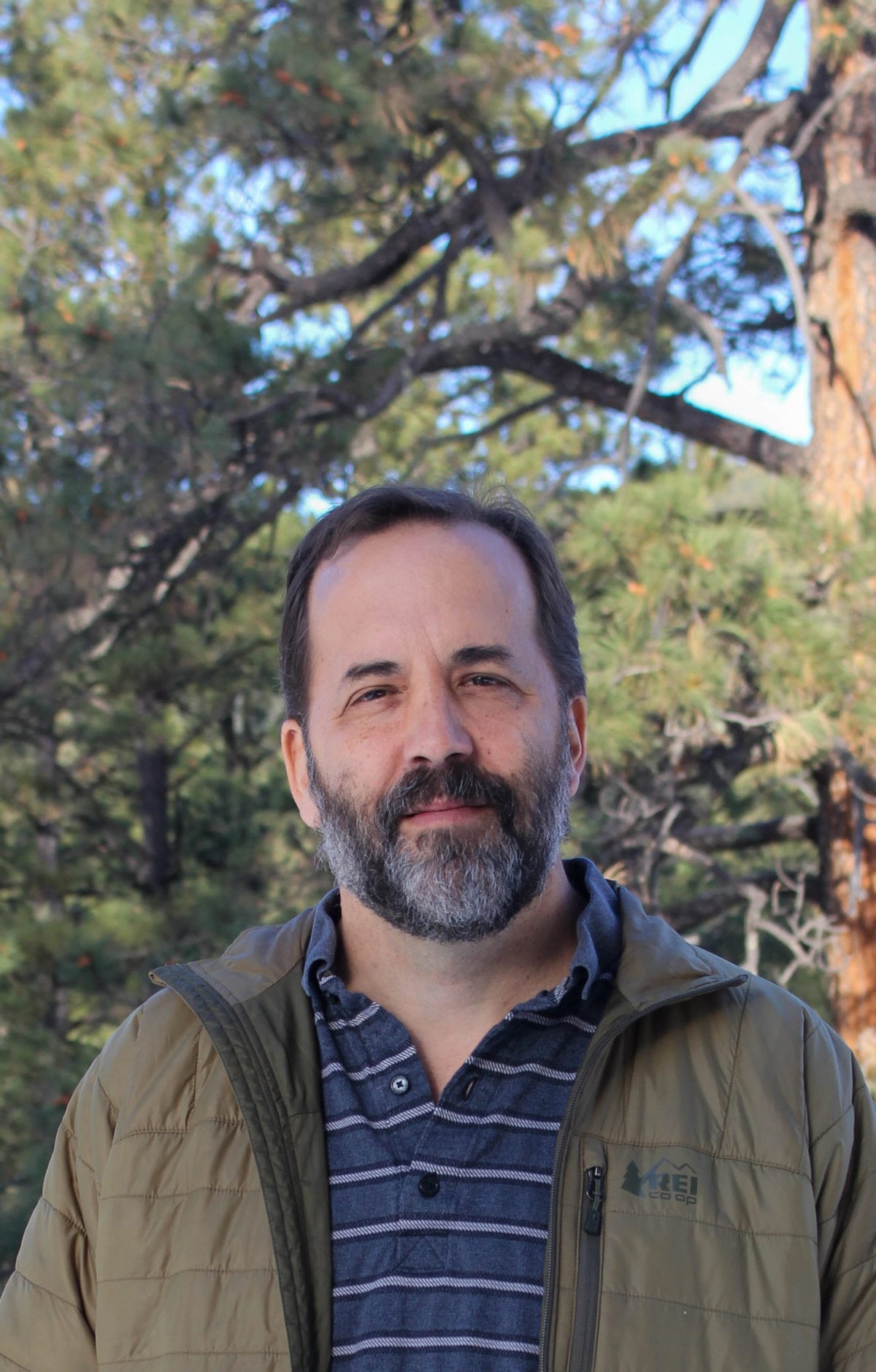Just as the economic impact of the pandemic tripled the demand on a local food pantry, the United World College-USA redeployed staff and resources to provide 400 prepared meals a week to the Las Vegas community.
“It was a miracle,” said George Lyon, executive director of The Samaritan House, which also runs a homeless shelter and thrift store. “We were really trying to figure out how we were going to support this tremendous need.”
In addition, produce grown at the United World College Agroecology Research Center on the Montezuma campus is going to local soup kitchens. A total of 125 pounds of spinach and lettuce were donated over the last two weeks with regular distributions of fresh produce planned throughout the summer.
“One of the things we’ve all learned from this extraordinary situation is that we need to focus on what matters most. Community matters, including our place in it,” said United World College-USA President Victoria Mora. “We feel responsible not only for the health and well being of our immediate community of students and employees, but also for our larger community.”
After the 230 students from more than 90 countries departed campus in mid-March due to the pandemic, faculty and staff stepped in to plant and harvest produce on the farm. During the school year, the farm’s produce is used to prepare student meals. In the summer UWC-USA donates produce to local soup kitchens.
“I’m so glad we have been able to step up at a time when our student service projects in the larger community have stopped because of their departures. And I am so grateful to the local community and all the ways they support our efforts,” Mora said. “I know we are a huge economic driver in the area and we are doing our best to keep people working and to plan for next school year.”
On April 6 UWC-USA began delivering 200 meals on Mondays and Fridays to the Samaritan House and plans to continue through May 31. The school received a $5,000 grant from the Santa Fe Community Foundation to help cover the cost, said UWC-USA Dean of Students Naomi Swinton. Sodexo, the food service company that operates the UWC-USA dining hall, prepares the meals, which UWC employees deliver to The Samaritan House and a few individuals. Recipients drive up curbside to pick up the packaged meals, Lyon said.
Aida Samaniego, food services director at UWC-USA, said four furloughed Sodexo employees returned to work to help with meals.
“For those of us in the service industry, social distancing goes against our very nature,” Samaniego said. “The four furloughed employees chose to forgo their unemployment benefits and social isolation because they wanted to do something that has a positive impact on the community, by cooking and packaging meals.”
During the school year, UWC-USA students volunteer weekly at the Comedor Soup Kitchen and at the Samaritan House homeless shelter as part of the experiential education program.
“Students interact with the individuals and make them feel respected. Sometimes we get behind stocking the pantry and they help,” Lyon said. “UWC has been a wonderful partner throughout the years. We are delighted that UWC recently offered to donate twin mattresses for the clients at our new shelter location.”
Meals are also delivered to a food distribution center at Borracho’s Craft Booze and Brews. Borracho’s proprietor Sara Jo Matthews has led Las Vegabounds, a collaborative effort to deliver food to homebound locals. In addition, UWC-USA has donated masks to El Centro Family Health medical clinic, Alta Vista Regional Hospital, a daycare connected to New Mexico Highlands and the New Mexico Behavioral Health Institute. UWC-USA also shared medical supplies from its wilderness program with El Centro, Swinton said.
UWC-USA is also acting in partnership with the 100% Community effort led by the Anna Age Eight Institute and Matt Probst, medical director of El Centro. The group addresses 10 services for the community, including food, youth development, and medical resources.
“This effort brings together emergency services and representatives of other organizations to coordinate services in preparation for COVID-19 responses in our area, as well as creating stronger infrastructure to meet local needs going forward in our area,” Swinton said. “We are grateful to be part of the local community and to everyone in the area who hosts our students as Get-Aways, mentors them as community volunteers, and turns out every year for student performances and campus activities. We look forward to increased opportunities to partner going forward.”
UWC-USA is a two-year high school for students from all over the world, which provides merit scholarships for U.S. students; applications are due each year in October on the school’s website at uwc-usa.org/admissions. UWC-USA gives scholarships to 85% of its students and is working to bring students back in the fall to continue its service and partnerships.

